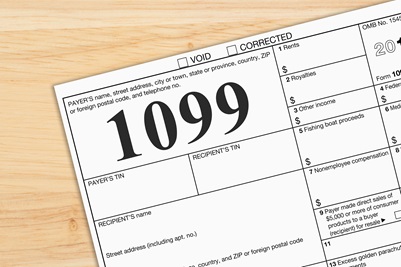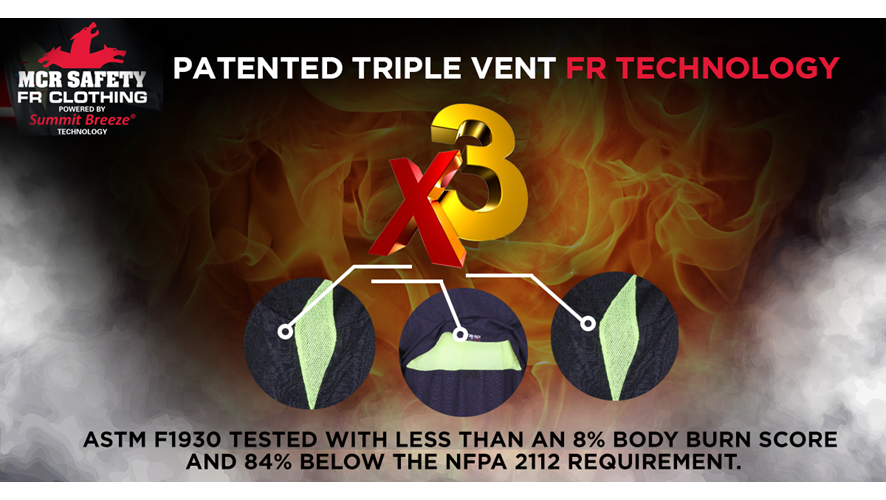19 Dec 12/19/2020
Different Types of Construction Contractors, Explained
Constructing or renovating a home or building takes an army of people — and there are 7,439,360 across the entire construction industry. The bulk of this army is in the form of construction laborers, who carry out the physical labor, such as digging trenches and clearing debris. For every army, though, a leader is conducting and coordinating all activities. General contractors or construction managers are the generals of a construction crew.

Many different types of contractors use many of the same tools.
What's the difference between a construction manager and a general contractor? There is a multitude of differences, even though they're performing essentially the same role. One of the most important differences is that construction managers work off a direct fee rather than through a bidding process like the general contractor does. We will be highlighting the general contractor's role below, but keep in mind the construction manager performs much of the same tasks on a construction site.
When you see 100-plus workers on a job site, although they all look similar in their safety vests, they each serve a specific role, from construction manager to subcontractor to construction laborer.
Let's look at what a contractor does, how they are different from subcontractors, and the different types of contractors.
Definition of a Contractor
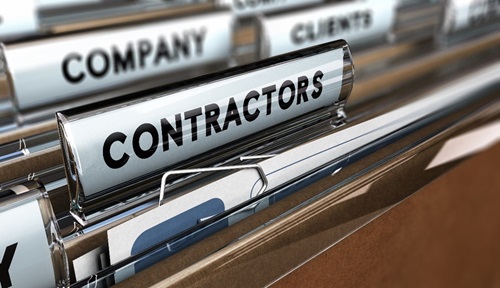
According to Merriam-Webster, a contractor is hired to perform work or provide supplies. An example of a contractor would be a company or individual hired to build a new residential home or remodel an existing bathroom.
The difference between an employee and a contractor comes down to who has control over a project.
Contractors are outside entities brought in to oversee and complete a job. Employees of a company might help get that job done, but the contractor is in charge and organizes the overall project. Companies who hire contractors don't withhold any taxes, as they are essentially their own individual company in the eyes of the law. Also, labor laws don't apply to the contractor, as they would directly for those who work for a company.
For those who do operate as a general contractor will need the correct 1099 contractor form come tax season. Clicking the below image will get you to the right spot.
1099 form independent contractor
Keep in mind; the term "contractor" describes individuals across all industries. In this article, our focus is on construction contractors.
The Job Itself

Common to the construction industry is the general contractor. This individual controls and oversees all elements of the projects they are contracted for to ensure success. General contractors may be a company or an individual, and they are hired to plan out, manage, and supervise the entire construction project from start to finish. This includes negotiating with and hiring subcontractors such as electricians and concrete workers.
A contractor's responsibilities typically include:
- Scheduling and managing all necessary work teams.
- Handling all materials and equipment needed at the worksite.
- Applying for permits and updating records.
- Inspecting the quality of work completed by the crew and subcontractors.
- Making sure the worksite is secure.
- Ensuring safe work practices are being implemented, which means all workers wear appropriate personal protective equipment.
General contractors in construction are highly qualified individuals, often with a college degree in construction science, surveying, or a similar field of study. To be considered a general contractor, individuals usually have at least five years of construction work-related experience and an understanding of project management. However, general contractors often hire other contractors with specific expertise to complete certain jobs. They are called subcontractors.
General Contractors vs. Subcontractors

A contractor can be a general contractor or a contractor with a specialty hired for a specific job within the construction industry. The general contractor, also known as an independent contractor, understands the big picture and knows what will be needed to finish a project. They are responsible for signing off that a project is complete, regardless of who they use to finish the project.
The general contractor typically hires subcontractors to complete niche tasks within the project, such as drywall or masonry. A subcontractor can be an individual or a business. They are hired for their reputation as specialists and can be considered contractors if hired directly for their services by the customer.
An example of a subcontractor becoming the prime contractor would be when repairs are needed on an existing building, and they are called directly from the business needing their services. In this situation, they're the business performing the services now, not on behalf of another company. If a general contractor were bringing them in to help complete a new project, they would be referred to as a subcontractor.
Different Types

Let's look at a few different types of contractors/subcontractors:
-
Excavation contractors
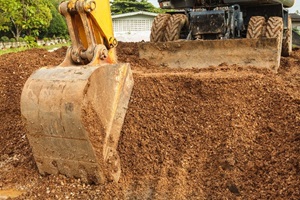
Excavation contractors use heavy machinery to dig, level, grade, and move dirt. These contractors are the ones operating front-end loaders, bulldozers, and backhoes. They play a critical role in preparing a construction site for all construction activities.
The responsibility of these contractors goes beyond just moving dirt around. For construction projects, excavators create trenches for wells, sewers, utilities, and foundational supports.
-
Concrete contractors
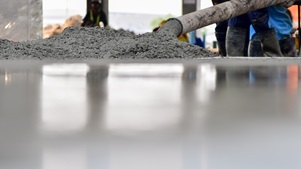
Almost every building will require concrete at some point, whether that is the foundation or the patio. Concrete contractors pour concrete for foundations, sidewalks, driveways, and patios. They are often at a job site more than once through the building process. Here are some additional specializations around concrete:
- Concrete Resurfacing
- Concrete Slab
- Concrete Repair
- Driveway Repair
- Grinding Contractors
- Floor Coating and Staining
- Stamped Concrete
Be sure to check out our entire dedicated industry page focused on Concrete Contractors, which provides a complete overview of all PPE these contractors require.
-
Electrical contractors

Electrical contractors are called electricians, and most find employment as independent contractors. These contractors install or replace wiring and components related to electricity. You will find this trade operating in commercial, industrial, and residential settings.
Be sure to check out our entire dedicated industry page on Electricians, which provides a complete overview of all PPE these contractors require. One of those products electricians require is flame-resistant FR shirts and FR vests. Our new triple vented FR work shirts are popular and are often worn by electricians.
Click the image above to check out these work shirts.
-
Drywall contractors

Drywall contractors install drywall on the framed project in both residential and commercial buildings. Most of the time, the drywall contractor is one of the last contractors to work on a project. They come after electrical and plumbing have been installed. Here is a look at some of the specialties within drywalling:
- Commercial
- Drywall and Insulation
- Drywall Paint
- Finishing
- Residential
There are also drywall repair contractors who specialize in repairing walls in older buildings. For anyone needing a local drywall contractor, we recommend visiting HomeAdvisor.com.
-
Flooring Installation contractors

Flooring is a phrase that generally illustrates applying finished raw materials to a floor structure. Flooring contractors install flooring in a variety of materials, including hardwood, laminate, vinyl, linoleum, and many more. Within the industry, there are some who specialize in commercial flooring, some focused on garage floor coating and resurfacing, and others who specialize in being wood floor contractors. Here are some additional floor contractor specializations:
- Floor Leveling
- Concrete Polishing
- Epoxy Floor
- Floor Joist Repair
- Squeaky Floor Repair
- Radiant Floor Heating
Every building constructed involves the above contractors. And, everyone one of them requires PPE at some point when performing their work. More on the topic below.
Common Questions

How much do contractors make?
- Contractors' salaries vary depending on the type of work. On average, below are some sample salaries for different construction roles, including several types of contractors. We've put them in order based on the largest salary one makes:
- General contractors (including construction managers) earn an average of $43.93 per hour or $91,370 per year.
- Electricians earn an average of $26.01 per hour or $54,110 per year.
- Carpenters earn an average of $21.71 per hour or $45,170 per year.
- Flooring and tile contractors earn an average of $19.35 per hour or $40,250 per year.
- Construction laborers earn an average of $16.08 per hour or $33,450 per year.
How do you become a general contractor?
- General contractors need a wide range of working knowledge to perform large-scale planning and overseeing construction projects. Here are five steps to becoming a general contractor, as identified by https://www.learnhowtobecome.org/contractor/:
- Get experience: Contractor experience can start early and include small tasks. You can get experience through vocational training in high school.
- Consider education: You can earn a certification or a degree in construction management, which focuses on building materials, construction financing, cost estimating, scheduling green building, and more.
- Get on-the-job training: For construction work, on-the-job training is a must. Find someone who will let you be an apprentice.
- Check local and state licensing requirements: Many states require contractor licenses for certain projects, like high-cost, commercial, residential, or public works contracting, and have stringent requirements for contractor licensing.
- Meet insurance requirements: You may have to have a certain amount of liability insurance to work as a contractor, depending on where you live.
- Continue learning: Michelangelo, the great artist, and sculptor, once said at age 87, "I am still learning." Embrace learning, as it never ends. The only thing that we must decide is what we're going to learn and how we will apply that learning in our lives.
How much work can you do without a contractor's license?
- Some work can be done without a contractor's license in specific instances, but you must first recognize and understand the difference between a handyman and a contractor. A handyman is someone who typically fixes smaller things. A contractor does larger plans that usually require bidding.
Most states have what's called a "minor work exemption" or "handyman exemption." This identifies the dollar amount that can be charged before requiring a license. Each state is unique, so you need to check your state's licensing obligations.
What is an independent contractor?
- An individual is an independent contractor if they are self-employed. An independent contractor controls what will be done and how it will be done. You are not an independent contractor if you perform work that is overseen by an employer or supervisor.
How do you become a subcontractor?
- Subcontracting is essentially like managing a business. Good news, you're the boss! But, you have to start thinking like a business owner. To start subcontracting, you want to ensure you have a customer base, a financial plan in place, licensing, and a good lawyer.
How do you find subcontractors?
- One of the best ways to find the right subcontractor is by word of mouth. Find someone who has had recent construction work done and ask about their experience. Reading reviews can also help see the experiences others have had with a particular subcontractor to know what you might be getting into if you hire them.
Associated Builders and Contractors

The national trade association that services contractors is known as the Associated Builders and Contractors (ABC). Founded in 1950, the organization looks to help grow the construction industry with education, technology advancements, and industry best practices. With over 21,000 members nationwide, the association is looked at as the go-to organization for the construction industry. ABC is the voice for construction workers across all branches of the government. There are over 60 chapters nationwide. You can find a local chapter in your area by clicking here.
MCR Safety Protects!
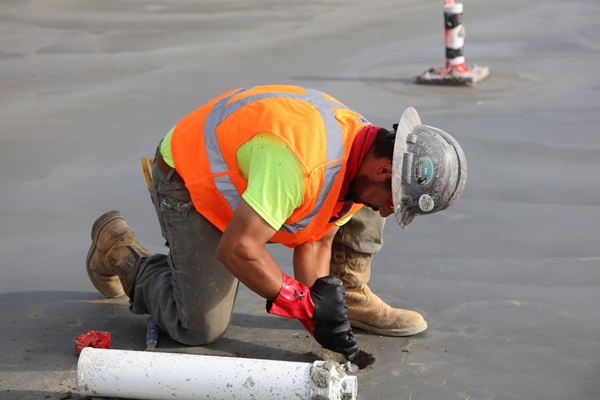
As you've read, there is not only one specific contractor working on construction projects but a collection of contractors getting the job done. There is no one contractor that plays every role on a construction site, and there is no set of PPE that protects all workers. Some contractors, like concrete workers, will need chemical-resistant gloves when handling wet cement. An electrician, however, will need thin gloves with high dexterity for running thin wire.
We understand that each trade within construction requires a different PPE, which is why we've broken each trade onto its distinct industry page. We highlight each industry overall, along with some of the most common hazards workers face within that industry. Click the next construction image to see our list of construction trades and sub-industries.
MCR Safety's devoted Construction Industry resource page.
We welcome any comments, feedback, or suggestions for how we can best protect people at work.
For over 45 years, MCR Safety has proven to be a world leader in gloves, glasses, and garments. Whether it’s on the shop floor, an oil rig, or a construction site, we are there providing solutions to workplace hazards. It’s all part of our commitment to protect people.
No matter your industry, we have the personal protective equipment you need.

Learn more about MCR Safety by checking out our most recent video. For more information, browse our website, request a catalog, find a distributor, or give us a call at 800-955-6887.
About the Author
Latest Articles





